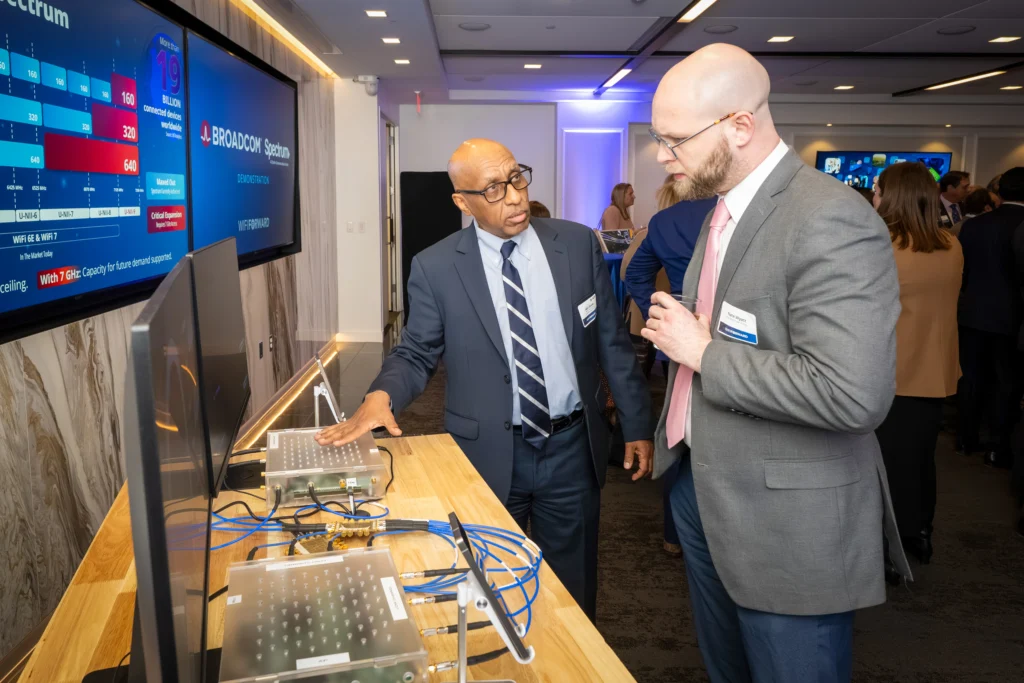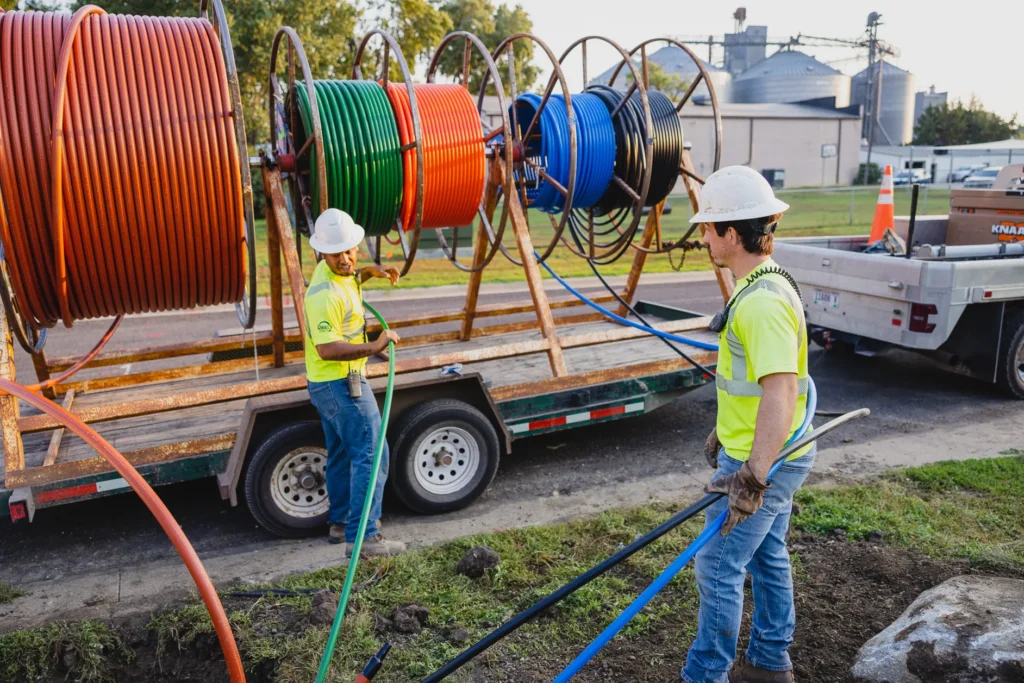In the ever-evolving landscape of the cable industry, the Society of Cable Telecommunications Engineers (SCTE) plays a crucial role in preparing its workforce for the future. With a diverse membership base of over 20,000 professionals, SCTE focuses on providing technical training and certifications to equip individuals with the knowledge and skills needed to thrive in the cable industry. The organization hosts 60 nationwide chapters, and offers approximately 70 courses online and 13 certifications representing a range of industry competencies.
In a recent interview with NCTA, SCTE’s Robin Fenton, Vice President of Membership & Learning Operations, relayed how SCTE’s commitment to providing diverse learning opportunities has been a key factor in their approach to ensuring that the cable industry’s workforce stays ahead of the curve, meeting the growing demands of today’s and tomorrow’s digital needs.
Inclusive Learning Initiatives
Fenton emphasized the inclusivity of SCTE’s programs: “We have students, including high school and trade schools, interested in certifications and learning more about the cable industry. SCTE members range from both small and large organizations and our goal is to provide learning opportunities for everyone interested in cable technology, irrespective of their background or organizational size.”
Most content is offered online, but SCTE also offers in-person boot camps for hands-on experience, especially for fiber splicing. Online courses are also offered in Spanish: “We’re always looking to try and meet our members where they are in their learning journey. Some members need to learn visually or in their native language. That’s a very important factor for learner success.”
Part of meeting the learner where they are could be helping them achieve college credits. SCTE has partnered with Fort Hays State University and Rio Salado College to provide learner’s college credits for select SCTE courses. This can be a cost-effective and time-effective approach for students working on an associate’s or bachelor’s degree.
For leadership-focused and project management programs, SCTE partners with Georgia Tech and Cornell to offer intensive week-long programs, and then a high-level, strategy-focused program offering with Dartmouth.
Comprehensive Training, From Technicians to Executives
SCTE’s training spans the entire spectrum of the cable industry, covering installation technicians to executives overseeing strategic decisions. Fenton highlighted, “We offer training on outside plant operations, new technologies, and leadership development, catering to a diverse set of roles within the industry.”
She further explained that SCTE’s “learning journeys” provide clear paths for individuals to follow, from basic technician training to specialized areas like servicing business classes, wireless technologies, and mobility. The learning journeys outline a progression from entry-level courses to intermediate and advanced levels, allowing cable engineers and professionals to tailor their education to their specific career goals.
On how SCTE measures the impact of their training offerings, Fenton stated, “We conduct pre- and post-tests, track exam scores, and measure engagement with simulations. We focus on continuous improvement and prioritize revisions based on industry trends.”
Evolution of Training Methods
Over her two-decade tenure, Fenton has witnessed a significant evolution in training methods. Initially reliant on VHS tapes and traditional certification methods, SCTE now provides content that is both interactive and engaging, featuring simulations that replicate real-world scenarios and hands-on experiences.
Fenton also highlighted the speed at which new technologies are incorporated into SCTE’s training programs. SCTE constantly updates its courses to reflect industry advancements, ensuring that members stay ahead of the curve. With a focus on competencies and data-driven insights, SCTE has transitioned from traditional testing methods to adaptive, real-world simulations that offer immediate feedback and allow for continuous learning.
“We’re always releasing new courses. We recently launched one on fixed wireless access and updated our broadband telecom center specialist program. Our focus is on keeping content fresh,” said Fenton.
Preparing for the Future
As the cable industry navigates the challenges and opportunities presented by the $40 billion in federal funds for building new networks, SCTE actively engages in conversations on workforce development. Fenton stated, “We’re in discussions with industry stakeholders to explore how we can leverage these funds to support education and training initiatives. Our goal is to help recruit and retain talent within the industry.”
SCTE’s training and certification programs not only reflect the evolution of the cable industry but also underscore its commitment to fostering a skilled and diverse workforce. As technology continues to advance, SCTE remains at the forefront, equipping professionals with the knowledge and skills needed to shape the future of the cable industry.









